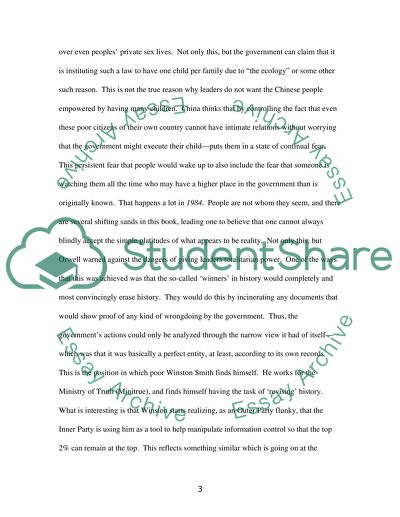Cite this document
(“George Orwell's 1984 Research Paper Example | Topics and Well Written Essays - 2500 words”, n.d.)
Retrieved de https://studentshare.org/english/1392092-george-orwell-s
Retrieved de https://studentshare.org/english/1392092-george-orwell-s
(George Orwell'S 1984 Research Paper Example | Topics and Well Written Essays - 2500 Words)
https://studentshare.org/english/1392092-george-orwell-s.
https://studentshare.org/english/1392092-george-orwell-s.
“George Orwell'S 1984 Research Paper Example | Topics and Well Written Essays - 2500 Words”, n.d. https://studentshare.org/english/1392092-george-orwell-s.


